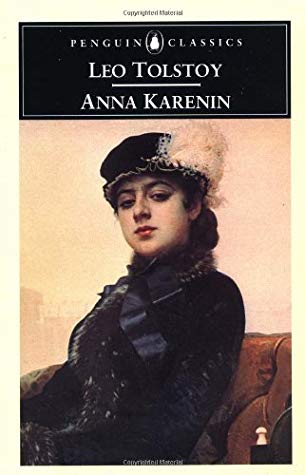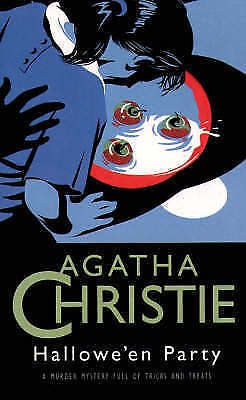Anna Karenin (English, Paperback, Leo Tolstoy)
Rs.499.00 Rs.229.00
Author: Leo Tolstoy, ISBN: 9780140440416, Condition: Old
Out of stock
With Anna Karenin, the psychological novel of the nineteenth century reached its peak.
Acclaimed by many as the world’s greatest novel, Anna Karenin provides a vast panorama of contemporary life in Russia and of humanity in general. In it Tolstoy uses his intense imaginative insight to create some of the most memorable characters in literature. Anna is a sophisticated woman who abandons her empty existence as the wife of Karenin and turns to Count Vronsky to fulfil her passionate nature – with tragic consequences. Levin is a reflection of Tolstoy himself, often expressing the author’s own views and convictions.
Throughout, Tolstoy points no moral, merely inviting us not to judge but to watch. As Rosemary Edmonds comments, ‘He leaves the shifting patterns of the kaleidoscope to bring home the meaning of the brooding words following the title, “Vengeance is mine, and I will repay.”‘
Anna Karenin was published in serial installments from 1873 to 1877 in the periodical The Russian Messenger. Tolstoy clashed with editor Mikhail Katkov over political issues that arose in the final installment (Tolstoy’s unpopular views of volunteers going to Serbia); therefore, the novel’s first complete appearance was in book form in 1878.
Reviews
There are no reviews yet.
Only logged in customers who have purchased this product may leave a review.
Related products
Almost New Books
It’s Not About The Bike (English, Paperback, Lance Armstrong)
Almost New Books
Almost New Books


















